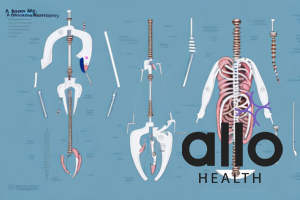How can someone determine if a female is a virgin or not?
It’s completely normal to have questions and concerns about topics related to sexual health. We understand that discussing such matters can sometimes be uncomfortable, but rest assured, we are here to provide you with a supportive and informative response.

Determining whether someone is a virgin or not solely based on physical signs can be challenging and is not a reliable method. The concept of virginity is subjective and can mean different things to different people and cultures. It’s essential to remember that virginity is not a medical or scientific term but rather a social and cultural construct.
The hymen is a thin membrane that partially covers the opening of the vagina. It can vary in shape and size among individuals and may not always be present or intact. The hymen can be stretched or torn for various reasons other than sexual intercourse, such as physical activities, tampon use, or even during a pelvic examination. Hence, the presence or absence of an intact hymen does not conclusively indicate whether someone is a virgin or not.
Please remember that every person’s body is unique, and there is no one-size-fits-all definition of virginity. It’s crucial not to judge or stigmatise anyone based on physical attributes. Instead, let’s focus on promoting open conversations about sexual health, consent, and well-being.
If you have concerns about your sexual health or if you want more information about virginity and the hymen, we recommend consulting a healthcare professional, such as a gynaecologist or a sexual health specialist. They can provide personalised guidance and address any specific questions you may have in a confidential and non-judgmental manner.

Remember, the most important aspect of any sexual relationship is communication, respect, and consent. By understanding and respecting each other’s boundaries, we can foster healthier and more positive experiences for ourselves and our partners.






